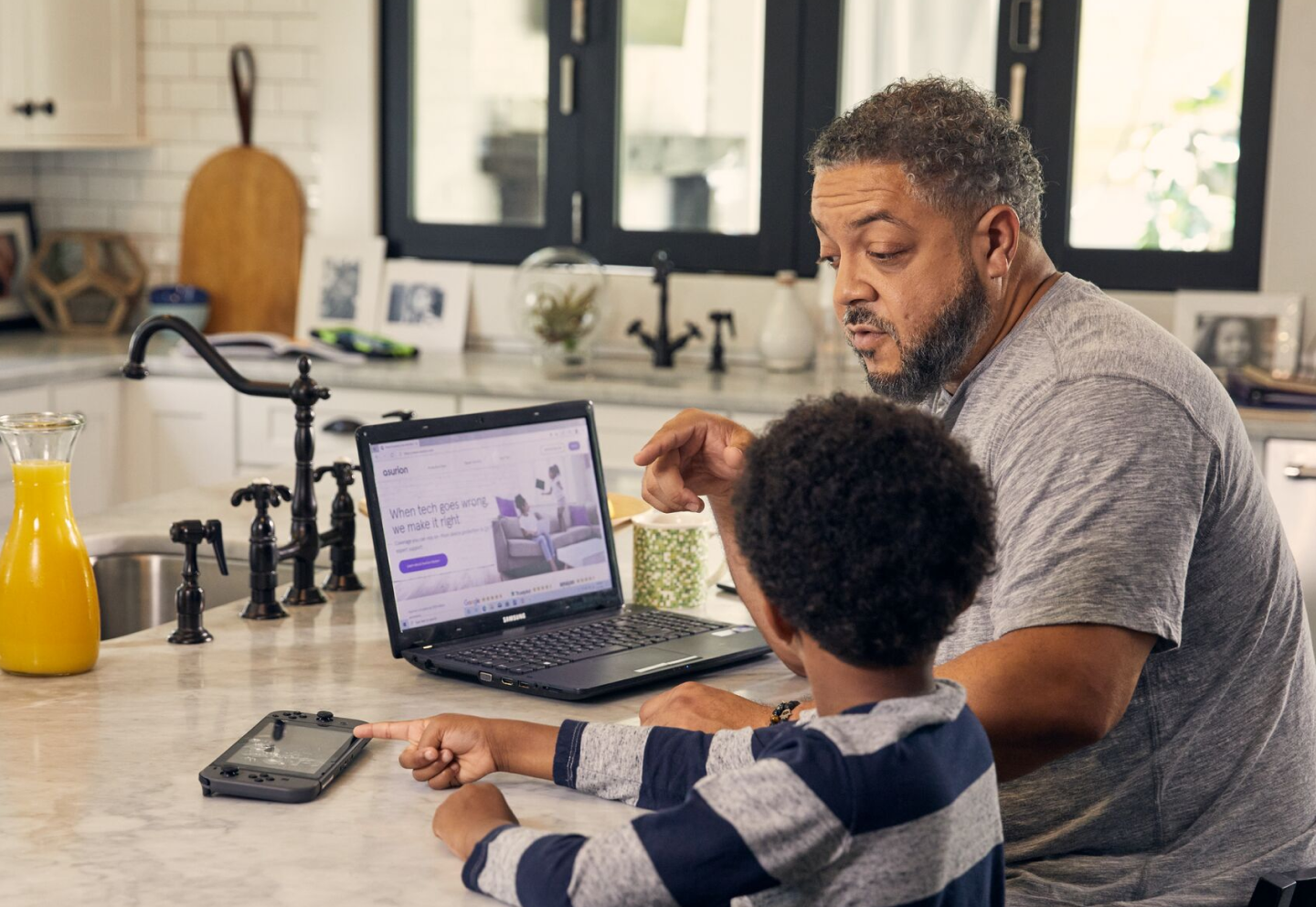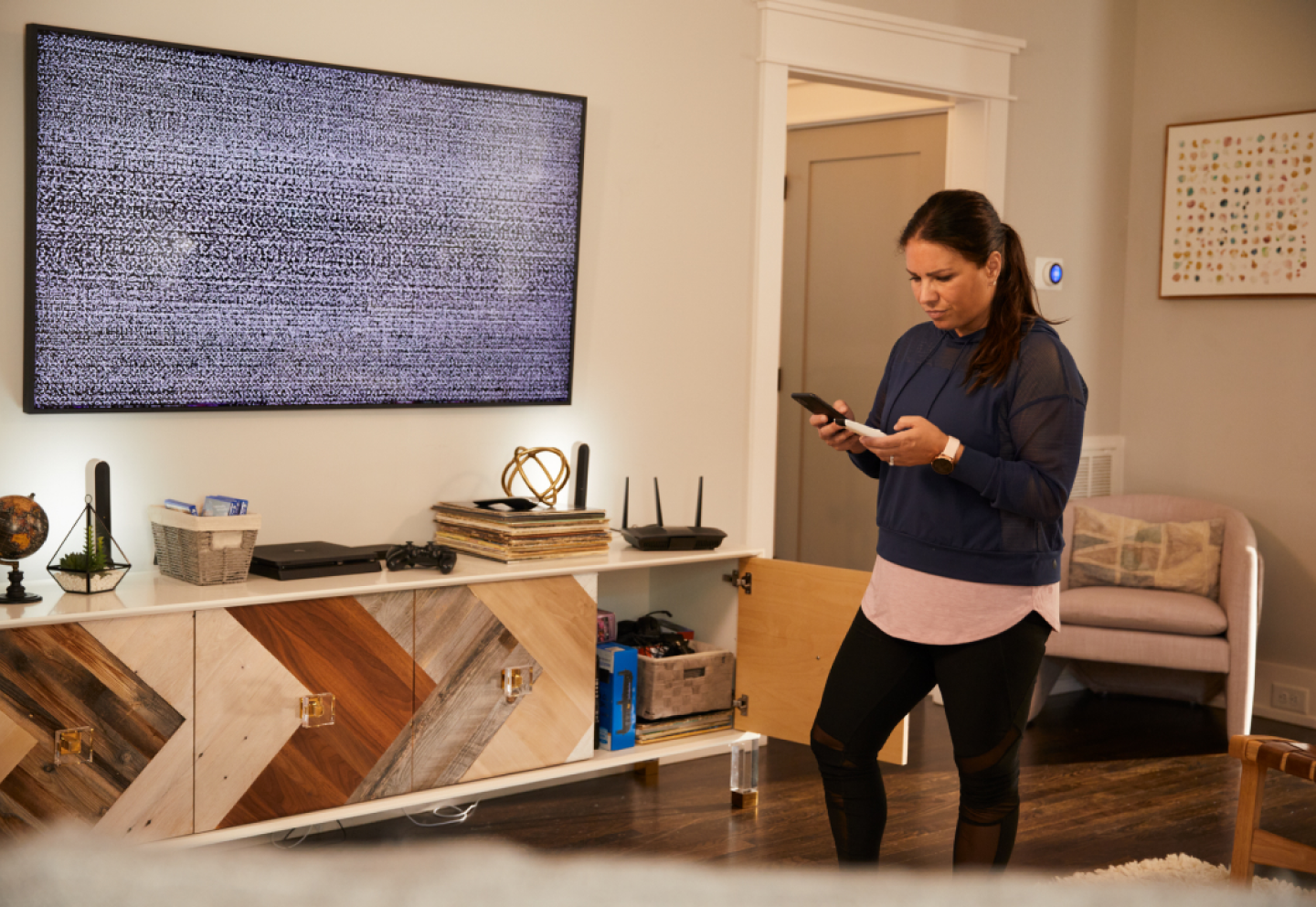What’s stopping people from adopting tech?
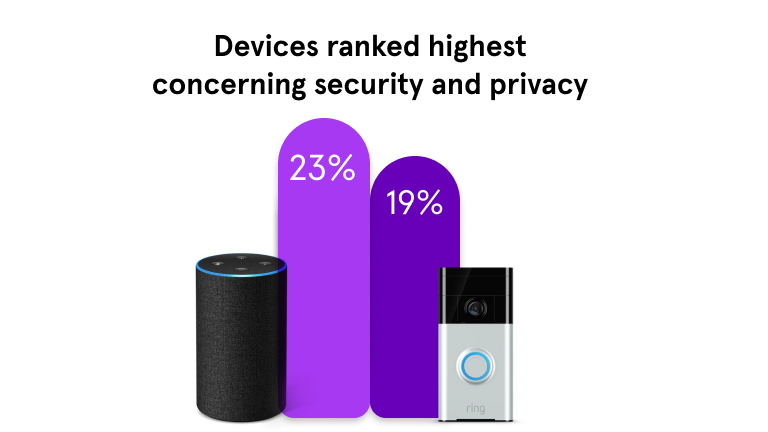
Data security and privacy Think your smart speaker is listening to you? You’re not alone. Respondents viewed data security and privacy as a significant concern for smart speakers, voice assistants, and smart home security devices. These issues also came up for phones and laptops.
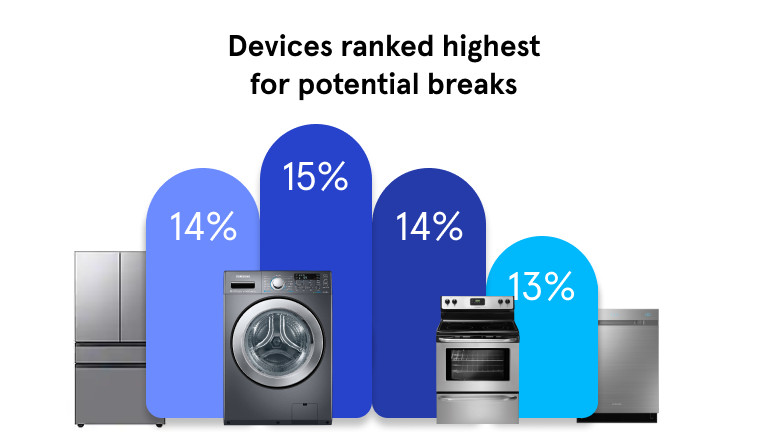
The threat of broken tech People worry about the potential threat of their tech breaking and the subsequent need for repairs. They had this concern mostly for phones (17%), but also more for smart appliances—like fridges and washers—than for any other smart device.
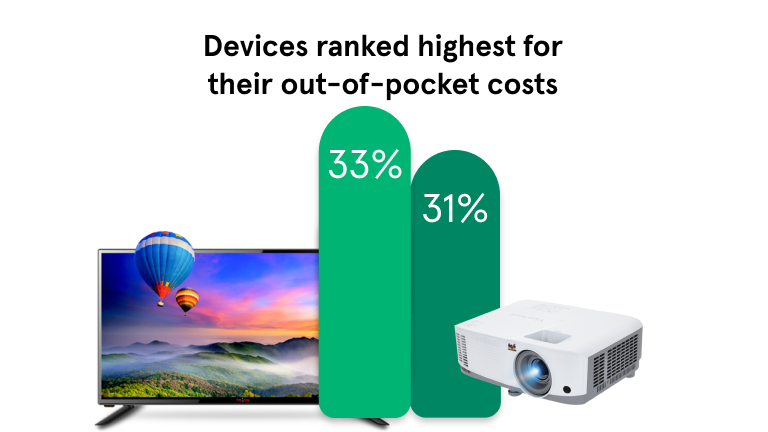
Expensive devices Cost is a common gripe across the board. However, it’s the nice-to-have items (smart TVs and home theater equipment) along with the newer technologies (home security and smart appliances) that people seem most worried about.
